Seven months into the Biden administration and despite rising attention to a host of diverse issues in financial regulation and monetary policy—notably concerns about inflation, central bank digital currencies, retail investing, stablecoins—the president has shown little appetite for filling pending vacancies in the financial regulatory agencies beyond the occasional (and often inconsistent) trial balloon.
This is an old problem: Joe Biden didn’t invent vacancies in new administrations, nor the preference to hobble along with people in acting positions while nominations await them.
The age of the problem is cold comfort, however. The Biden administration is exacerbating it and should change course, immediately.
Appointments in financial regulatory positions fill three vital functions. First, and most obviously, they permit the president to make policy. The issues pending before financial regulators in 2021 are staggering. The policy priorities of the president are clear—on racial diversity, inequality, climate change, full employment, even competition in banking—but announcing a bold policy agenda is just the beginning of accomplishing the work of policymaking. Without filling these key vacancies, the policy work of the administration will suffer from a lack of clarity on what should be accomplished, when, and by whom.
Second, policymakers appointed by the president to run financial regulation must govern. The poetry of bold policy agendas will always give way to the prose of practical governance. This is true in the Oval Office and is even truer for the corridors of the Federal Reserve System, the Federal Deposit Insurance Corp (FDIC), the Comptroller of the Currency—all of which have key vacancies—as well as other arenas of financial regulation.
Take the Federal Reserve System for example. The task of managing the Federal Reserve System is enormous and has only increased in its complexity. The Board members must be central bankers, voting on the course of monetary policy; they must be bank supervisors, working with banks and other financial institutions to manage financial risk throughout the system; they must be bank regulators, writing rules for that same system; they operate a financial system as participants in payment rails that allow money to flow through the global economy; and they must be managers, supervising the employment of the quasi-private Federal Reserve Banks and the 20,000 people who work within the Federal Reserve System.
Each vacancy—and, at this rate, we risk having at least three simultaneously, a low-water mark that was never crossed before the Obama administration and has become something of a new normal in Fed vacancies—adds to the work of governance and risks muddying the work of all those who depend on the Fed’s managerial competence in all of its many areas of responsibility.
Finally, and perhaps most importantly, these appointments are the principal—in some ways, the only—mechanism for democratic governance to organize, respond to, and participate in the technical affairs of financial regulation. The logic of representative democracy is that elections inspire political organization before they occur and have policy consequences long afterward. But few people make financial regulation the sole basis for their vote in a presidential election, even in the rare instances when politicians pay close attention to financial regulation on the stump. The ballot box just isn’t the time or place where the American public engages forcefully with essential questions about monetary policy, bank supervision, or whether (and if so, how) the Fed should create its own digital currency.
The better time is when a nomination is made and the U.S. Senate engages in providing its advice and consent on the appointment. In those moments, it is astonishing how high the quality of engagement becomes across the partisan divide in debating finer points about the causes of inflation, the consequences of the Fed’s management of the public-private partnerships that characterize our financial system, or the implications of banking merger policy.
At present, however, the administration has deprived the public of these focused conversations. Failing to nominate anyone for the first one-eighth of Biden’s elected term deprives the administration of its ability to make policy and society of the ability to engage in debate on these issues. Floating and then popping trial balloons is not enough to sustain this discussion: we need presidential nominations and hearings in the Senate.
President Biden can quickly change this unfortunate state of affairs. The benches of qualified candidates who can fill them are deep, from across the coalition of Democrats (and some Republicans) who support the president’s views on financial regulation and monetary policy. Some factions within the party may resent appointments made to representatives of other factions, but this must never become a barrier to making timely nominations of qualified candidates. That very intraparty debate is itself enormously beneficial for the nation as it seeks to understand what a candidate for, say, Comptroller of the Currency promoted by the left wing of the party believes about issues of importance to the party’s center.
There is another risk to these vacancies beyond the top line of the administration. Most (but not all) of the vacancies pending are not the top officials—the Secretary of the Treasury or Chair of the Federal Reserve—but are deeper within the organizations, including the Vice Chair for the FDIC, the Comptroller of the Currency, members of the Fed’s Board of Governors, and others. They just don’t capture the same imagination as those top jobs, and so presidents of both parties may be unwilling to wage the partisan fights that nomination and appointment might invite.
This is folly. The consequence of this “only at the top” focus is to make those top appointments even higher stakes, creating strange hydraulic pressure on a single nomination to satisfy the accountability demands that should be satisfied through the other vacancies. So it is, for example, that Fed Chair Jay Powell’s presumed views on financial regulation threaten his reappointment as the nation’s chief monetary policymaker despite the fact that his record through the Obama and Trump administrations suggests that he will defer on regulatory matters to the administration. The debate about the Fed Chairmanship—a vacancy that the administration is sure not to let occur—has become a debate about financial regulation because the other nominations with arguably more influence on those policies are still pending. The result is an inferior public discourse about both financial regulation and monetary policy alike.
Let us end this abysmal record in financial regulation. Let the president fill the large and soon-to-be growing list of vacancies in the financial regulatory agencies. The policy, governance, and accountability of the system demand it.
The Brookings Institution is committed to quality, independence, and impact.
We are supported by a diverse array of funders. In line with our values and policies, each Brookings publication represents the sole views of its author(s).
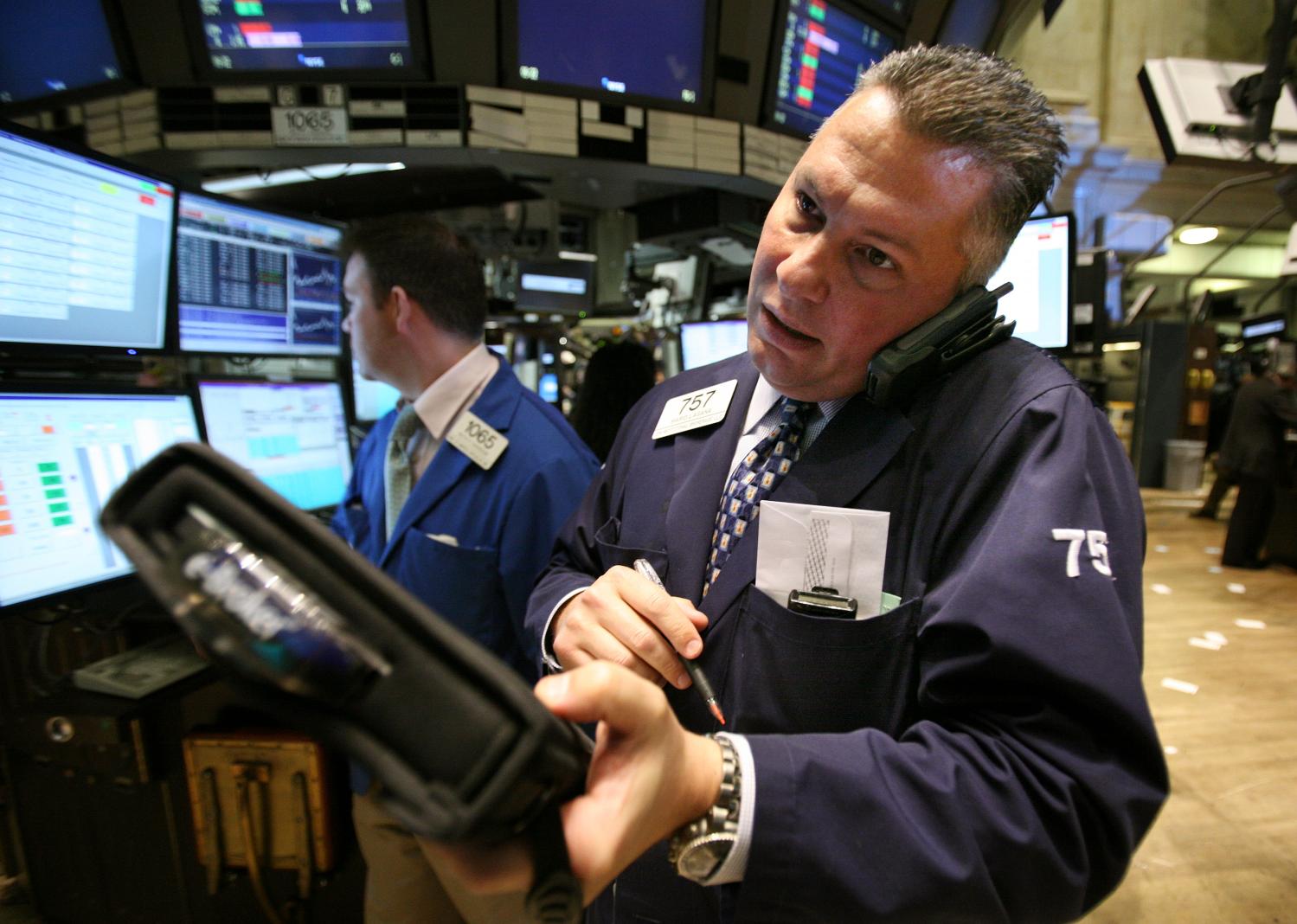
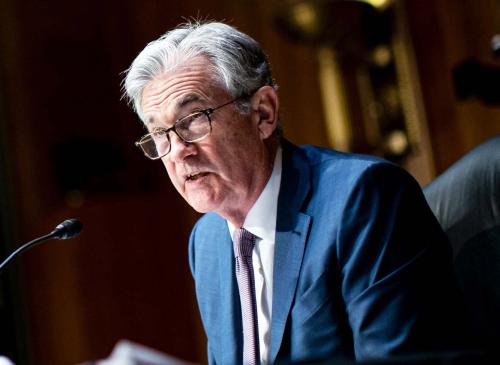
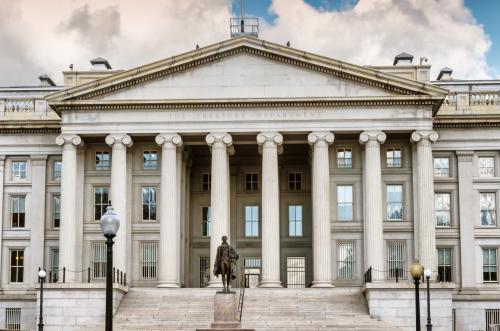


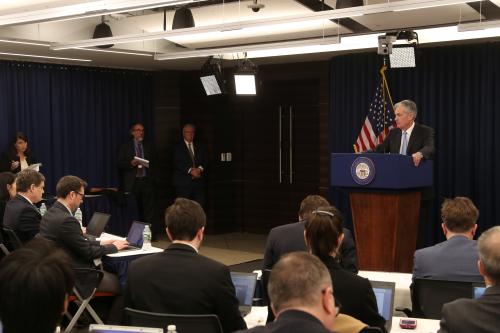
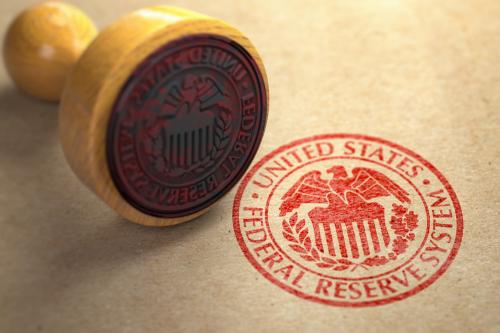
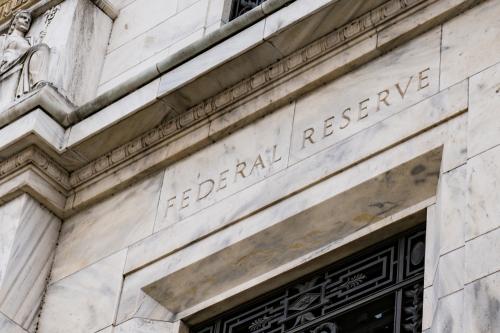
Commentary
Op-edWhere are the Biden financial regulators?
August 17, 2021